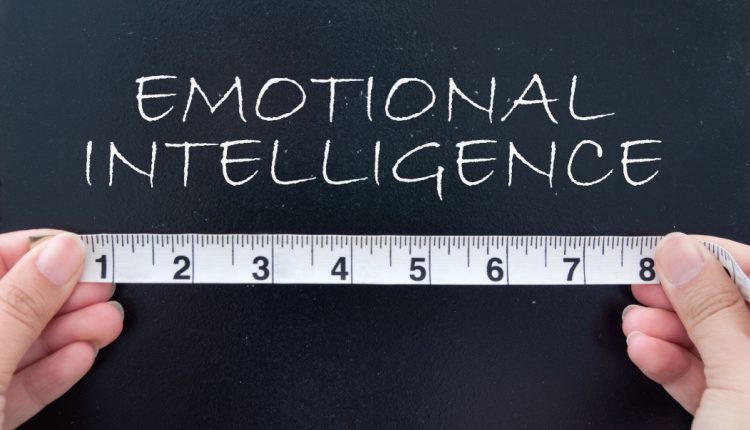The Role of Emotional Intelligence in the Workplace
Emotional intelligence (EI) is the ability to understand and manage your own emotions, as well as the emotions of others. In the workplace, EI can be a key factor in success and can have a positive impact on a variety of areas, including communication, leadership, and team dynamics. Here are some ways in which emotional intelligence can play a role in the workplace:
- Communication: People with high EI are often good at effectively communicating with others and building strong relationships. They are able to listen actively, express themselves clearly, and understand the perspective of others.
- Leadership: Leaders with high EI are often able to inspire and motivate their teams, as they are able to understand and respond to the emotions of their employees. This can lead to a more positive and productive work environment.
- Team dynamics: Employees with high EI are often able to work well in teams and contribute to a positive team culture. They are able to manage conflicts effectively and create a sense of trust and collaboration within the team.
- Stress management: People with high EI are often better able to manage stress and handle difficult situations. They are able to recognize and regulate their own emotions, as well as the emotions of others, which can lead to more effective problem-solving and decision-making.
- Adaptability: Employees with high EI are often able to adapt to change more easily and handle unexpected challenges. This can be a valuable skill in today’s fast-paced business environment.
In short, emotional intelligence is an important factor in the workplace, and can have a positive impact on communication, leadership, team dynamics, stress management, and adaptability. By developing your EI skills, you can become a more effective and successful employee.


